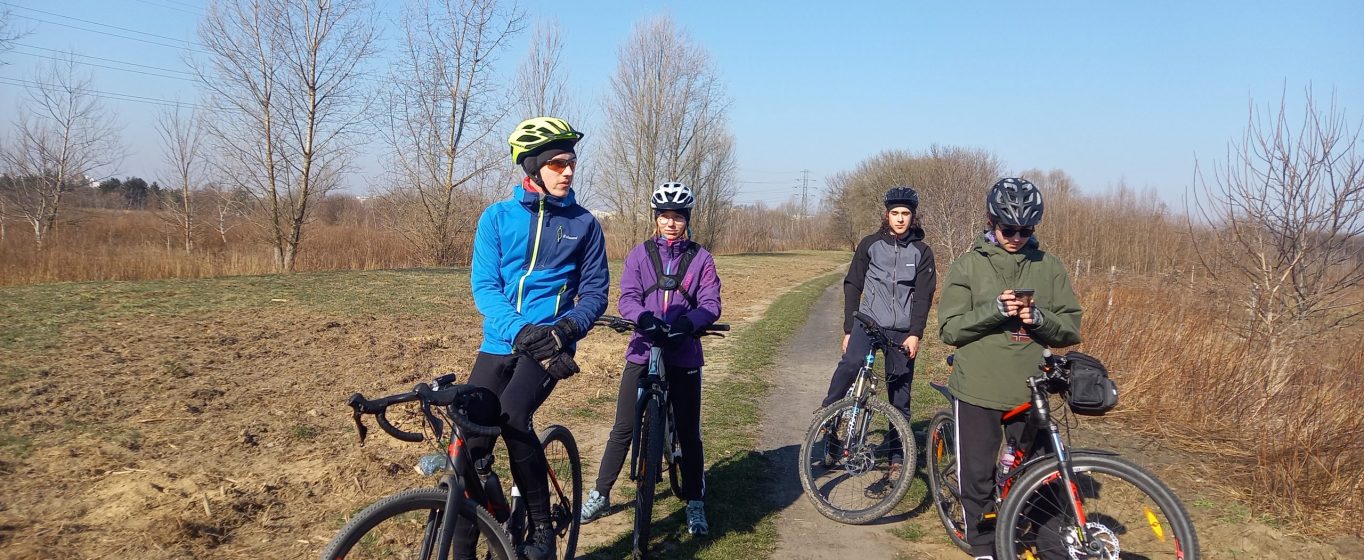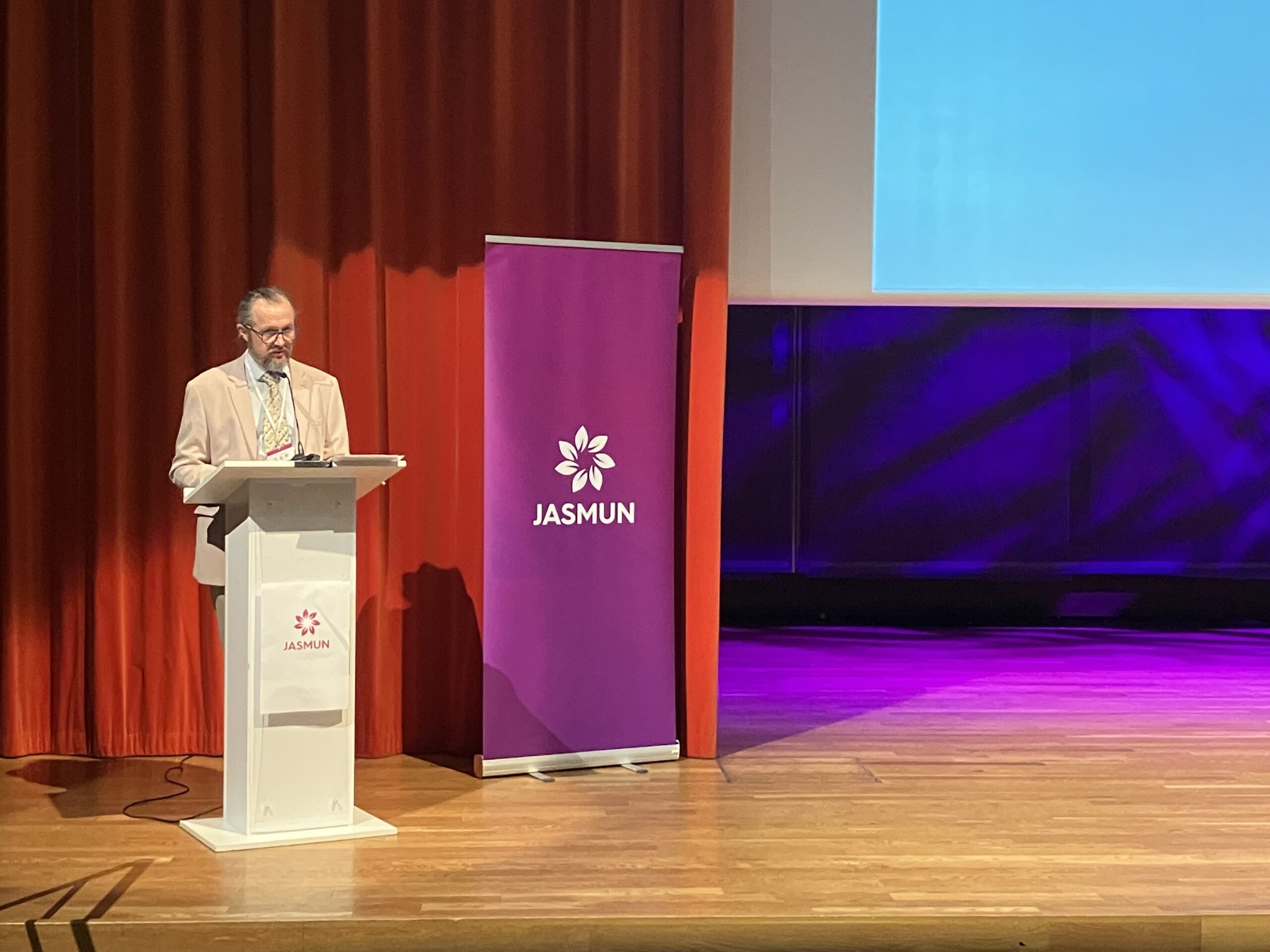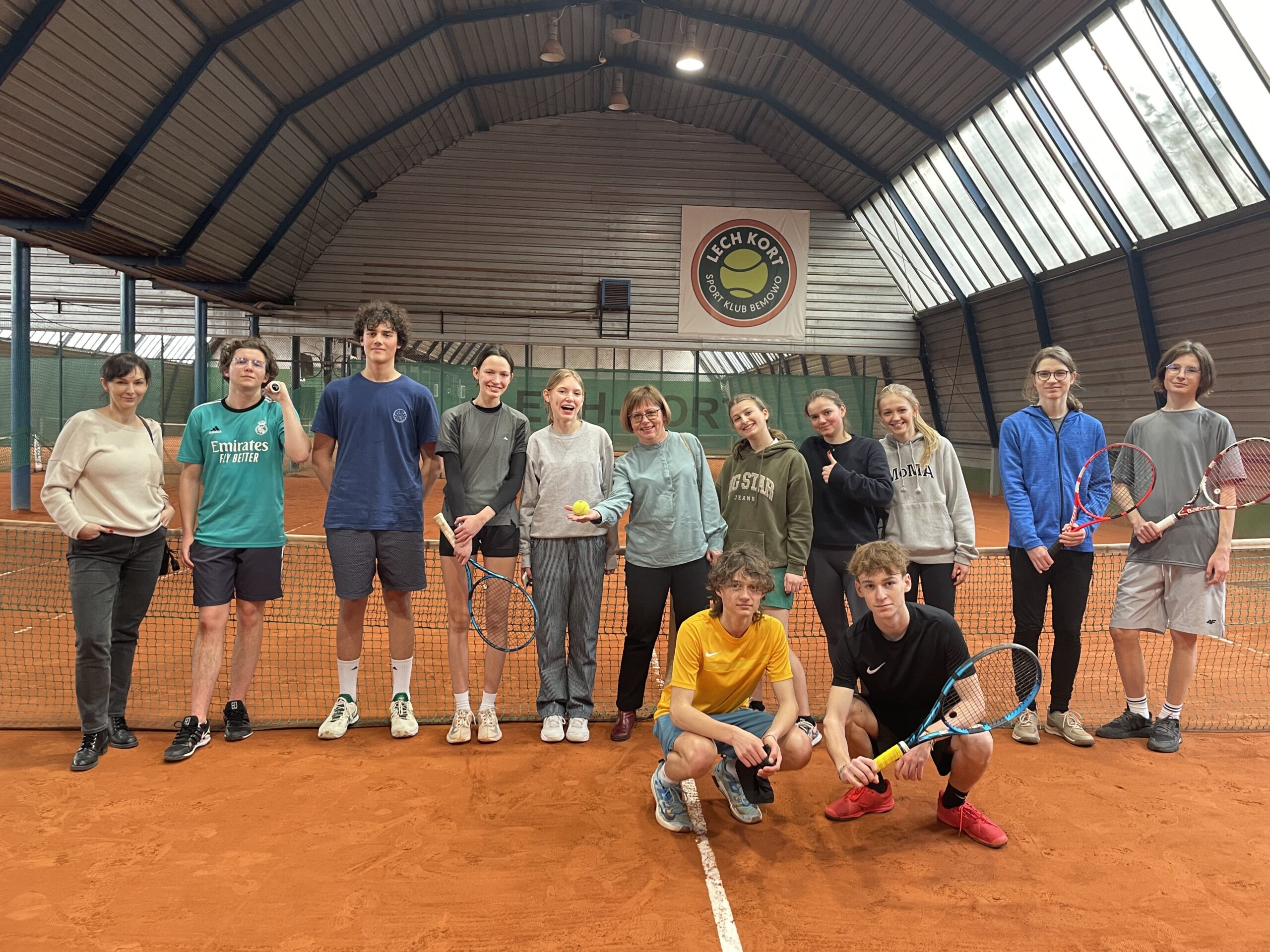
Quick warmup at the end of winter
Saying goodbye to this year’s winter, the 2SLO Cycling Academy celebrated with a quick route, which allowed us to define the form of our bikes and ours before the new cycling season. The test turned out to be promising. As time is difficult, we sought support in the wisdom of Immanuel Kant.
Route:
2SLO – Power plant Siekierki – 2SLO
A dozen or so kilometres for a start, but in a solid pace!
States do not plead their cause before a tribunal; war alone is their way of bringing suit. But by war and its favorable issue, in victory, right is not decided, and though by a treaty of peace this particular war is brought to an end, the state of war, of always finding a new pretext to hostilities, is not terminated. Nor can this be declared wrong, considering the fact that in this state each is the judge of his own case. Notwithstanding, the obligation which men in a lawless condition have under the natural law, and which requires them to abandon the state of nature, does not quite apply to states under the law of nations, for as states they already have an internal juridical constitution and have thus outgrown compulsion from others to submit to a more extended lawful constitution according to their ideas of right. This is true in spite of the fact that reason, from its throne of supreme moral legislating authority, absolutely condemns war as a legal recourse and makes a state of peace a direct duty, even though peace cannot be established or secured except by a compact among nations.
For these reasons there must be a league of a particular kind, which can be called a league of peace (foedus pacificum), and which would be distinguished from a treaty of peace (pactum pacis) by the fact that the latter terminates only one war, while the former seeks to make an end of all wars forever. Immanuel Kant, Perpetual Peace: A Philosophical Sketch (excerpt)



